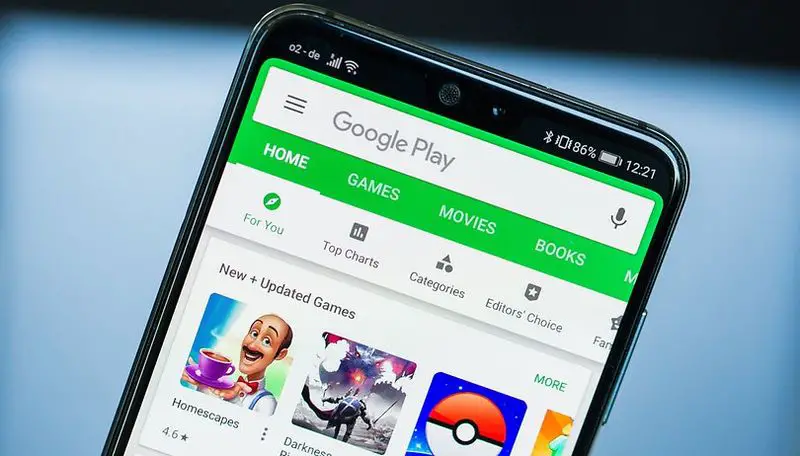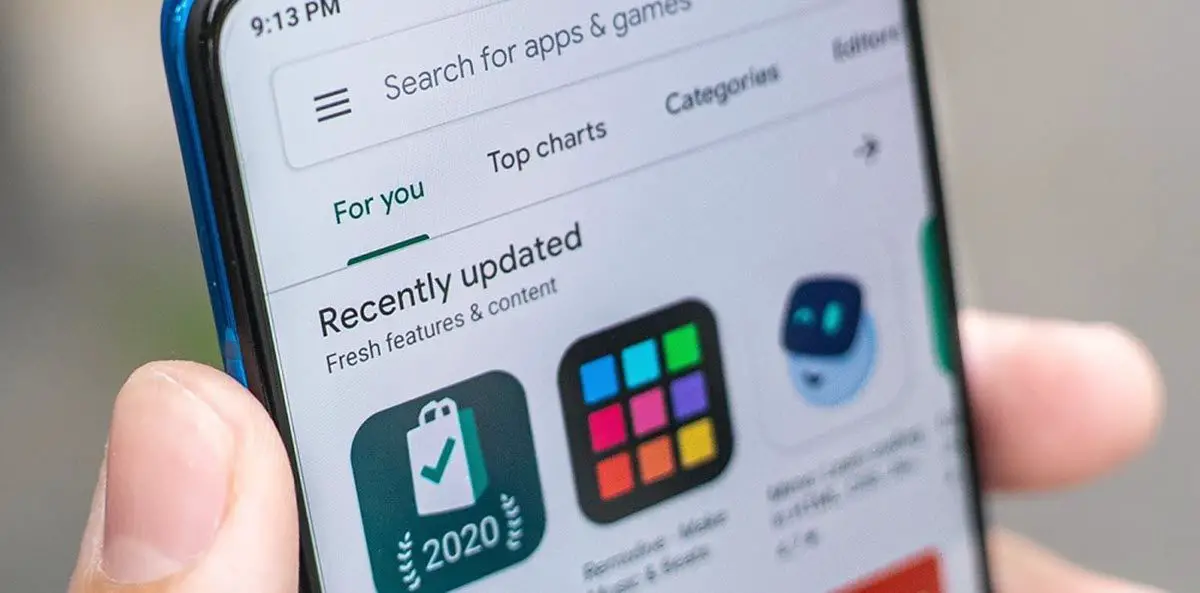The Google team will implement a new dynamic to make the process of downloading and installing apps on Android faster.
To do this, it will apply a system that will be based on shared user data to prioritize part of the download and optimize the process.
This is how the new Google Play download option will work
Installing an app is as simple as clicking on the option in Google Play and waiting for the download and installation process to finish. However, Google wants to further optimize this process to make it much faster and reduce resource consumption on the device.
To do this, Google Play will implement a system that seeks to “learn” how users use the app to speed up the download and installation process. So it will use certain user data. How does this system work and what does it imply?

This dynamic will be implemented from a new option called “App Install Optimization” that will be added to Google Play. If the user activates it (since it will not be enabled by default), it will start an optimization process to speed up the app download.
Google can indicate which parts of an app you use the first time you open it after installation. When enough people do this, Google can optimize the app to install, open and run faster for everyone.
So using data from users who enable the option can detect the most important parts of the app to prioritize downloading for fast execution, and then move on to the rest.
What types of data will you collect from users? Google mentions that it will not collect user identification data (name, email) nor will it collect data outside of the app or content related to the download. That is, it will only collect how users interact the first time they open the app to identify the parts to prioritize in the download.
At the moment, this feature is not yet available on Google Play but should be added soon. When Google implements this option, you will find it in Settings.





